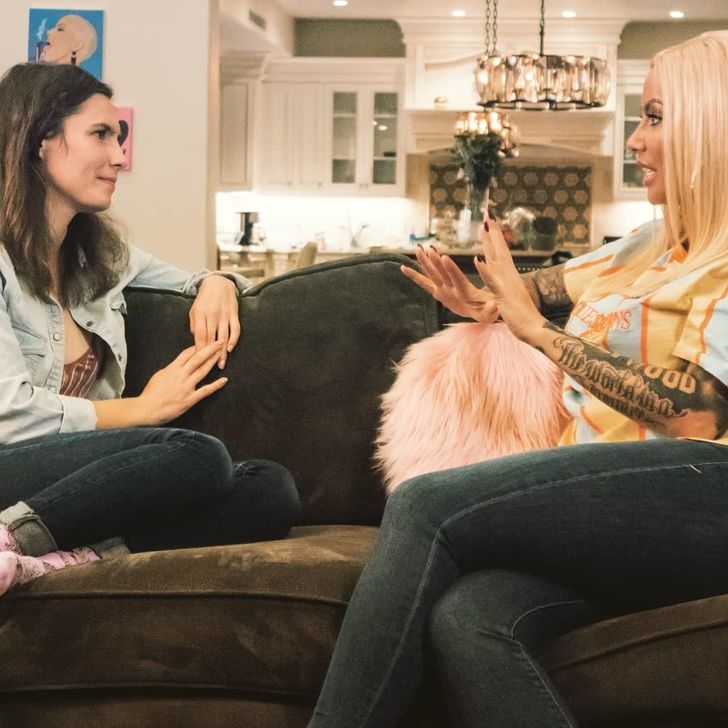In 2007, an American student by the name of Amanda Knox made her way to Italy for an exchange program. She was joined by British student Meredith Kercher. The two shared an apartment together along with two other roommates. November 2 of the same year turned their lives upside down when Kercher's lifeless body was found in her bedroom by Knox. Knox was named a suspect for the murder of Kercher. Evidence showed sexual trauma, leading to allegations that Knox planned the torture.
The case made global headlines. As Knox was on trial, she became the center of public shaming. One of the prosecutors referred to her as "dirty inside and out." The same lawyer described her to be "a diabolical person focused on sex, drugs and alcohol." She was portrayed as someone who had a substance abuse problem and an unacceptable active sex life.
The media could not get enough of Knox's private life. Story after story was made about her based on biased claims. Known as "Foxy Knoxy" during her childhood because of her athletic skill on the soccer field, the nickname earned a whole new meaning. Knox continued to be scrutinized and vilified.
Fast-forward to 2018, Amanda Knox hosts her own unscripted show called "The Scarlet Letter Reports" for Facebook Watch. The series, which consists of six episodes, focuses on women enduring public shame. Each episode highlights a different woman who shares the similar experience of being painted as a sexual villain to the public. All six women, including Knox herself, boldly tell their own stories.
Just like Knox, these other five women lost their anonymity after the media had exposed them in the most negative manner possible. It is as if people want to burn them at the stake like in 17th century. However, all of these women fought back by not allowing anyone and anything destroy them; rather, they rebuilt their lives and used their experiences to help others.
In Amber Rose's episode, she talks about her annual SlutWalk, which is a nonprofit event she hosts for women empowerment. Attendees can find services such as HIV testing and sexual awareness booths funded by donations. The donations also go to "[their] foundation and groups and organizations of women . . ."
At age 14, Daisy Coleman was sexually assaulted by a football player from her high school. She experienced harassment when her story became public rather than being supported. She realized that there are other people who have gone or are going through the same thing she has, so she started Safe B.A.E to bring awareness to sexual abuse and rape culture.
Women, famous or not, often find themselves being criticized for their actions.
A common example: if they embrace their sexuality, their choices are frowned upon causing them to be called derogatory names. If they choose otherwise, they still face the same consequences. It is as if they are supposed to follow every expectation society sets for them rather than living their lives the way they want to.
Women deserve to be free from unnecessary criticism and societal standards. Women deserve to be empowered for being fearless and strong. Women deserve more than they receive.

















